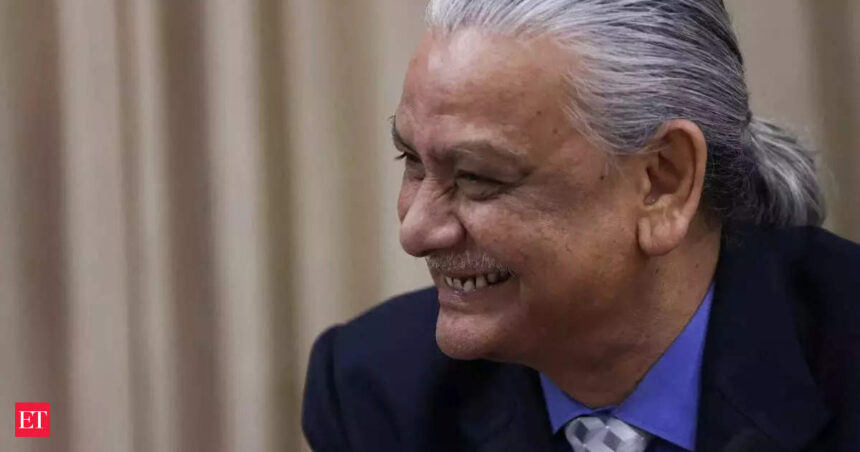Climate change and digitalization are presenting new challenges for central banks in implementing inflation-targeting monetary policies in the future. According to a deputy governor at the Reserve Bank of India, these risks could pose a significant threat to the traditional inflation mandates of central banks.
The deputy governor, Michael Patra, highlighted the potential impact of climate change on supply chains, such as food and energy shortages, which could lead to a decrease in productive capacity. This, in turn, could disrupt inflation targets and stability in the economy.
Inflation-targeting is a common strategy used by central banks to manage inflation expectations and price stability. The RBI, for example, targets an inflation rate of 4% with a tolerance band of two percentage points on either side.
Recent data showed that India’s retail inflation surged to a nine-month high of 5.49% in September, driven by higher food prices. This could lead to demand shocks, especially from frequent natural disasters that cause wealth losses for firms and households.
Furthermore, digitalization could also impact monetary policy implementation by shifting credit supply away from regulated banks to non-banks, potentially affecting bank deposits.
Despite these challenges, central banks have a unique position to address climate change issues. The key is to integrate climate risks into their inflation-targeting frameworks to ensure stability and sustainability in the long term.
In addition to these concerns, the RBI is actively working on developing a robust data analytics ecosystem to enhance its supervisory functions, as highlighted by Deputy Governor Swaminathan J at a recent conference.










